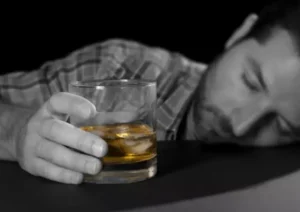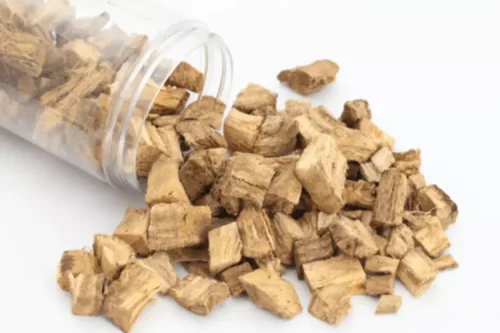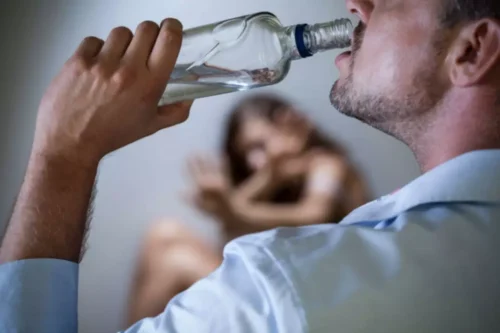
It’s very important to seek help if you struggle with alcohol use disorder. It is possible to get treatment and live a healthier life with a better relationship with alcohol. Once detox is complete, people can begin work on the psychological, social and behavioral problems that accompany an alcohol addiction. Sometimes people in this stage do show up for addiction treatment, but it’s not by their own volition.
Choosing an Alcohol Rehab Treatment Program
In addition, addictions can sometimes mask underlying mental health problems, such as anxiety, depression, sleep disorders, and even psychosis. If you are feeling blue or agitated, or you are concerned that the world or other people seem strange or upsetting since you quit, talk with a doctor. Fortunately, most of the acute symptoms of withdrawal pass within a week or two of quitting. However, some people who quit an addiction find that certain withdrawal symptoms seem to go on and on. This is known as post-acute withdrawal syndrome (PAWS), and it can continue for weeks, months, or even years in some cases. Alcoholic support groups, such as Alcoholics Anonymous, provide free help for people struggling to quit drinking.

Asking for Support
When is it common in society, it can be hard to tell the difference between someone who likes to have a few drinks now and then and someone with a real problem. A small percentage of people going through alcohol withdrawal have hallucinations at this point. It’s up to each individual to decide when to begin “working the steps,” and when to approach a sponsor. Your sponsor is meant to provide guidance, support, and understanding during the steps process. There is no set timeline for how long it will take someone to go through the steps.
How to help someone stop drinking
- For some people, AUD has hurt their relationships, careers, health, finances, self-esteem, and other aspects of their lives.
- At the end of the day, just remember you don’t have to run the course alone — connecting with a therapist or joining a recovery program can make all the difference.
- These changes can lead to tolerance, or a need to drink more in order to feel the same effects.
- Friends and family members of people who have an alcohol addiction can benefit from professional support or by joining programs like Al-Anon.
- If alcohol is interfering with your health or your personal, financial, or professional life, consider quitting.
He or she may not needself-help tools, but those resources might work for you. Unlike cocaine or heroin, alcohol is widely available and accepted in many cultures. It’s often at the center of social situations and closely linked to celebrations and enjoyment. If your drinking makes you feel out of control and you are ready to seek help, many organizations can assist you.

Additional Alcoholism Treatment Options

It’s usually used in combination with counselling to reduce alcohol craving. You might not have any issues after your short-term withdrawal goes away. But sometimes uncomfortable symptoms stick around for months or how to overcome alcoholism years. Behavioral health treatment for alcohol problems is often (but not always) covered by insurance. In the United States, most states have low-cost or free rehabilitation programs for those who are uninsured.

What Are My Addiction Treatment Options?
- Perhaps the hardest preparations to make concern social relationships.
- They may binge drink once or drink for a period of time before getting sober again.
- Maybe you don’t think you depend on alcohol exactly, but you still wonder whether you might be drinking too much.
- Understanding why you relapsed is often one of the most important parts of truly overcoming a substance use disorder.
These changes in the brain also affect impulse control and judgment, which makes quitting that much more challenging. Outpatient alcohol detox may be a good fit for people at low risk for severe withdrawal. In general, it’s better to put time and effort into sobriety than to try to do the bare minimum.
What health complications are associated with alcoholism?
- Prolonged abstinence along with healthy eating and exercise during this stage can also allow people to begin recovery from liver damage.
- That said, there are four general stages of recovery, as compiled by addiction expert Steven M. Melemis, MD.
- Individuals may waffle back and forth between wanting and not wanting to change.
- Whether you choose to tackle your alcohol addiction by going to rehab, getting therapy, or taking a self-directed treatment approach, support is essential.
- Relapse is a common feature of substance use disorders, and it is more the rule than the exception.
- Fortunately, most of the acute symptoms of withdrawal pass within a week or two of quitting.
Reach Out to Healthcare Providers

